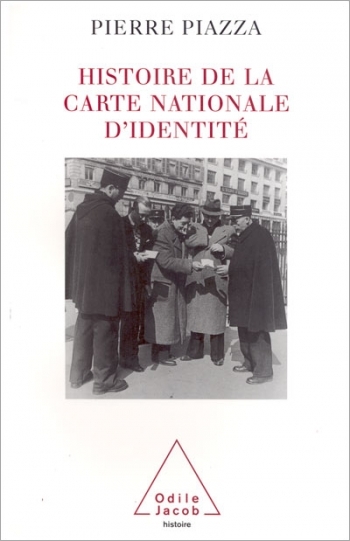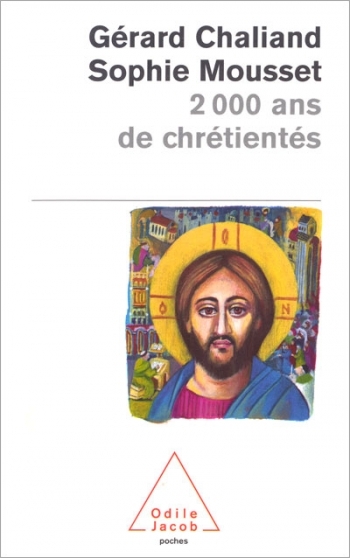History and Geopolitics All books
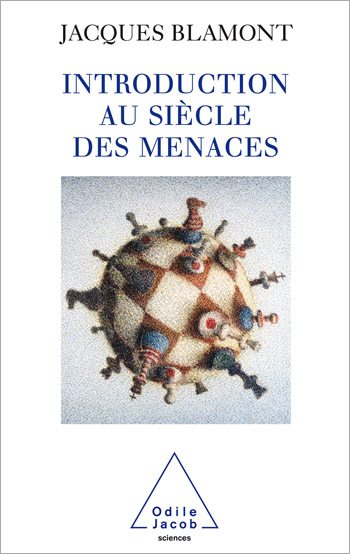
Jacques Blamont
Introduction au siècle des menaces
Although the confrontation between rich and poor is universal, it can be heightened by various factors. According to Jacques Blamont, the widening technological gap between the poor and rich nations is one such aggravating factor. The revolution in information technology has been largely responsible, because it has helped to concentrate more and more power and wealth in the hands of the few - particularly in the United States. Blamont lists various potentially threatening situations that are converging to create an explosion such as the world has never seen before. These include: the demographic growth of the very poor, the ageing population in the developed countries, new climatic risks that are endangering the environment, the spread of new epidemics as a result of globalisation, and the limited effects of the military strategies adopted by the most powerful nations. Step by step, the author deconstructs the hellish machine that our children will inherit from us - because we put too much faith in technological progress. Jacques Blamont is a member of the French Academy of Science and a professor at the University of Paris-VI. He is one of the fathers of the French space programme and was formerly the scientific director of the CNES. He is most notably the author of Vénus dévoilée and Le Chiffre et le Songe.
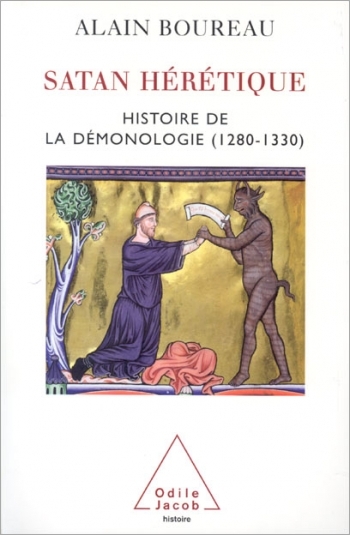
Alain Boureau
Satan, the Heretic History of demonology in Medieval Europe, 1260-1350
Alain Boureau is one of the most original French medievalists. In his earlier, best-selling book on the droit du seigneur, he showed that such a custom had never actually existed. The present work is not about Satan and Satanism, but about the birth of demonology, i.e. about the demons that inhabit Satan's Court - a fascinating topic for a medievalist. Before the end of the thirteenth century, theology had shown little interest in demons, according to Boureau. But Saint Thomas Aquinas' Treatise on Evil, written in 1272, changed all this. Boureau tries to find an explanation. He is not concerned with why people believe in demons - he has not written a social history of demonology. Instead, he sets out to understand why theologians became interested in the subject - for this is a history of theological ideas about demons. The author summarises his explanation as follows: I propose that the date of the invention of demonology be moved forward by more than a century, not because a new doctrine was established and enforced then, as was the case in the fifteenth century, but because of the considerable procedural changes that assimilated witchcraft and invocations of the devil with the crime of heresy, which in turn led to new legal developments and more revelations. In addition, the injection of doctrinal content into the ancient theme of the devil's pact explained demoniac activity in the world. The issue that lies at the heart of these discussions about a pact with the devil, evil and evidence is obviously the emergence of our legal system. Alain Boureau is a director of studies at the Ecole des Hautes Etudes en Sciences Sociales.
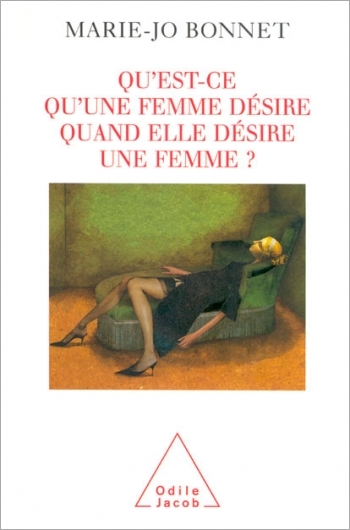
Marie-Jo Bonnet
What Does a Woman Desire when She Desires a Woman?
The desire of women for their own sex is a subject that has been concealed and heavily censored since Antiquity. Yet it has constantly resurfaced throughout history - despite repression, denial and today's feigned indifference - and its existence is a historical and anthropological fact, whatever the dominant opinion may say. Marie-Jo Bonnet argues that lesbianism transgresses social norms and female stereotypes, and breaks with the phallic model and the restricted social role that is assigned to women even today. She sees lesbian desire as a radical instrument of emancipation and offers an original analysis of the women's liberation movement, of recent discussions about homosexuality and, finally, of the persistence of lesbophobia. Desire, regardless of its subject, is always a unique and complex experience, and Bonnet does not ignore this fact. In an original, wide-ranging study of lesbian love through literature, she delves into the work of such major writers of the past as Marguerite Yourcenar, Violette Leduc, Simone de Beauvoir, Djuna Barnes and, surprisingly, Madame de Sévigné, as well as of more recent writers such as Monique Wittig, Anne Garreta and Christine Angot. The author's thesis is that women's desire for their own sex can serve as a tool to empower them to conquer their own space of creativity and liberation. Marie-Jo Bonnet, a writer and historian, is the author of Les Relations Amoureuses Entre Femmes (XVIe-XXe siècle).
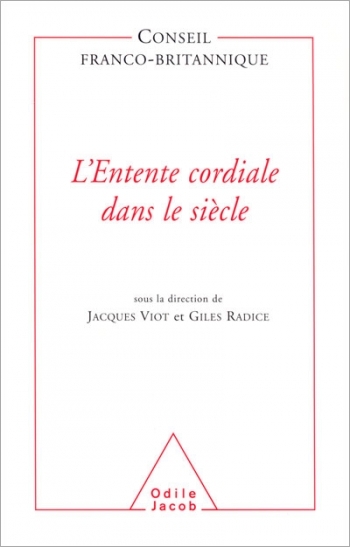
Conseil franco-britannique, Giles Radice, Jacques Viot
A Century of the Entente Cordial Franco-British Council
The publication of this book commemorates the centenary of the signing of the Entente Cordiale, a key date in Anglo-French relations. T
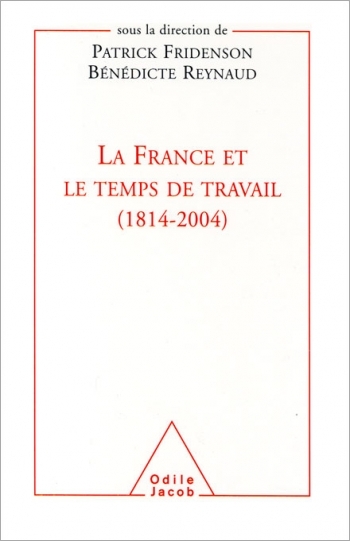
Patrick Fridenson, Bénédicte Reynaud
France and the Age of Work (1814-2004)
In this history about working hours in France during the nineteenth and twentieth centuries, the authors present two highly original theses which go against some established ideas. Their first thesis is that the limitation or reduction of labour hours was not a political, social or economic issue but primarily a question of public health. The authors second thesis is that the movement for shorter hours was never a major demand of the trade unions since absenteeism served to regulate working hours but the policy of national and international institutions. This is a history book which responds to an impassioned issue in recent French political events. Patrick Fridenson is a historian. Bénédicte Reynaud is an economist.


